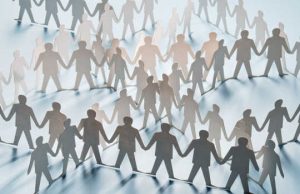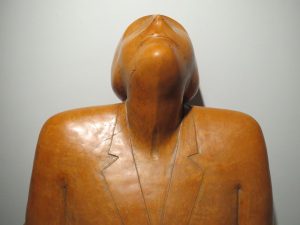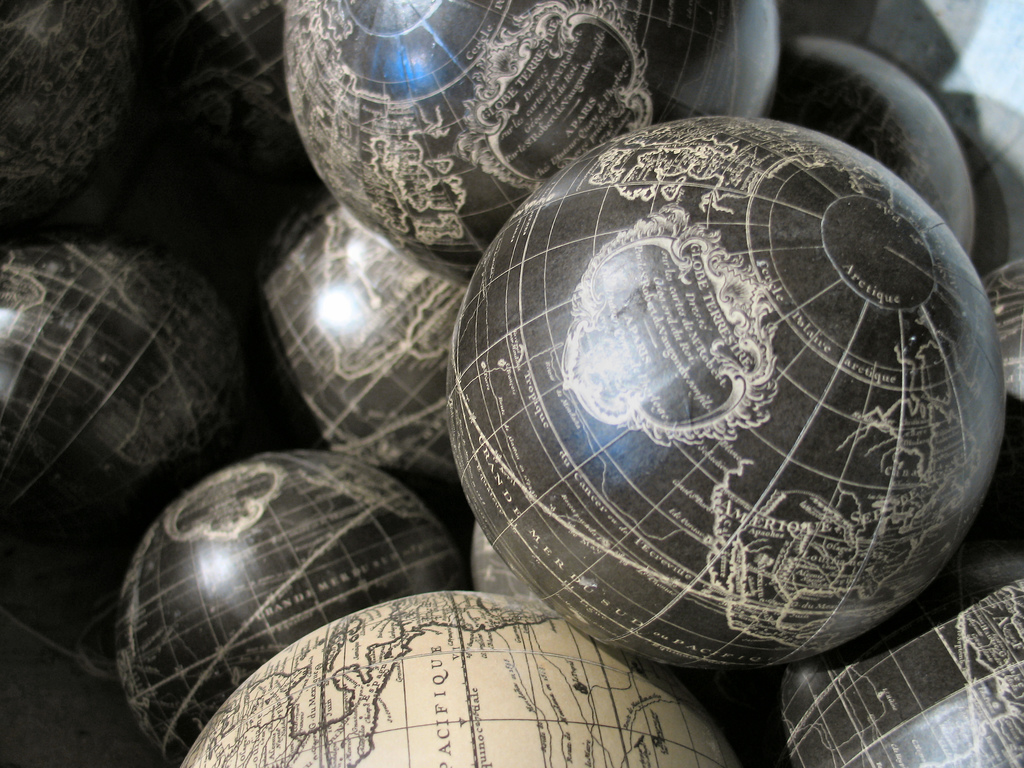What Is Collective Memory
Once in a while, we all contemplate about our identity as individuals and as a society, and collective memory always pops up as one of the things that define us as members of a social group. So what is collective memory and how it works?
A simplistic definition would say that collective memory is the array of knowledge and memories shared by a group of people. But it’s definitely more than that. Collective memory is a more complex notion and in order to better understand it, let’s see how the term appeared and what it refers to.
Collective memory is the theory that a group of people – regardless of its size, culture, race – gather memories as a community through shared social experiences that would later influence how the members of that group and their descendants see and live their lives. We can talk about societal remembrance in the context of small communities, like families, neighborhoods or even couples, or larger groups, such as nations, religious groups, and so on.
 The term was first used by French sociologist and philosopher Maurice Halbwachs, whose work is considered the foundation for the study of a group’s recollections of the past. However, even before him, scientists like Carl Jung and Emile Durkheim discussed how an individual’s identity is influenced by the things that tie him/her to the community they are part of.
The term was first used by French sociologist and philosopher Maurice Halbwachs, whose work is considered the foundation for the study of a group’s recollections of the past. However, even before him, scientists like Carl Jung and Emile Durkheim discussed how an individual’s identity is influenced by the things that tie him/her to the community they are part of.
Jung talked about the collective unconscious, saying that all members of a social group carry within them the unconscious of the community, which contains memories of the past generations that construe the present. Similarly, Emile Durkheim believed that each new generation has strong ties to the past. His focus was on social memory, stating that people feel the need to repeat actions from the past in order to relate to their ancestors, giving as an example the social practice of religion, which perpetuates in time.
Maurice Halbwachs coined the term collective memory in his book “La Mémoire collective” in 1950. He stated that a society can have a shared, collective memory which is influenced by the framework in which the social group exists. Furthermore, he said that an individual’s personal memories are linked to his understanding of the past, consequently to history and the group’s recollections of the past.
 No matter the size or complexity of a community, it needs to develop an identity to unite its members and keep them together. Social groups can do this with the help of symbols, stories, music, books, historical buildings, traditions, etc, which are passed on from one generation to another.
No matter the size or complexity of a community, it needs to develop an identity to unite its members and keep them together. Social groups can do this with the help of symbols, stories, music, books, historical buildings, traditions, etc, which are passed on from one generation to another.
As such, the shared memories are conserved both in the shared and private imagination of people. Individuals develop unique personalities as a result of a combination of factors: their personal experiences and background, on the one hand, and the influence of the society, on the other. Humans are by nature social animals, and the society shapes our thoughts, behaviors, and memories. Each individual, in their turn, can greatly contribute to the community through their personal experiences and thus enrich the collective memory.

